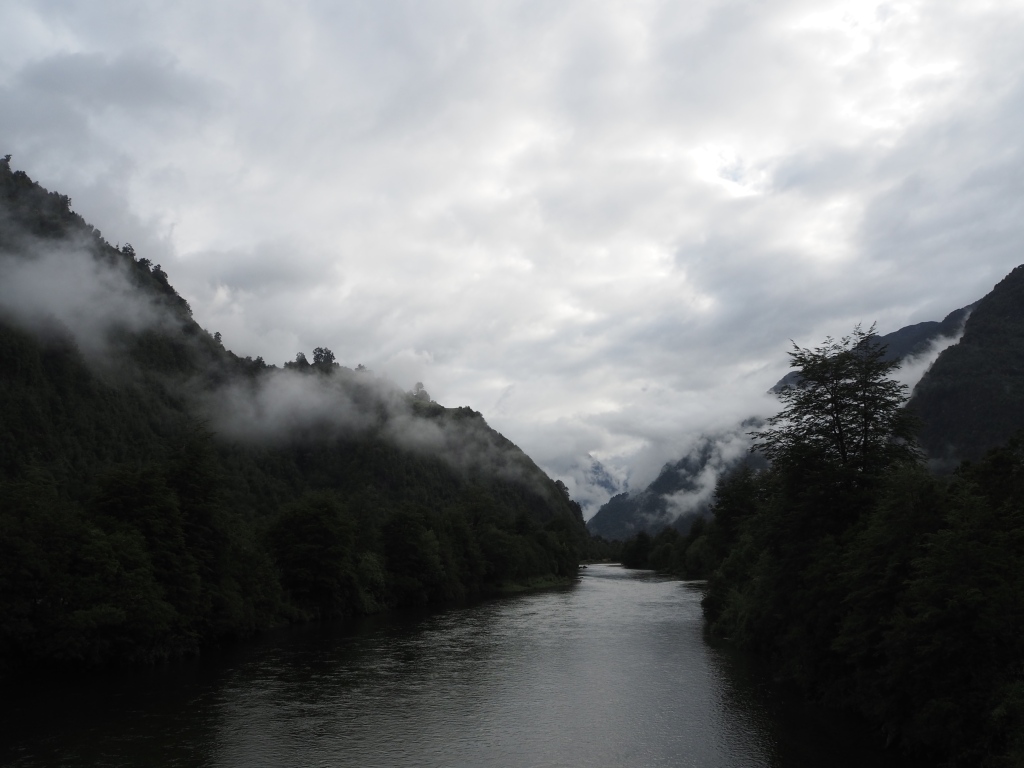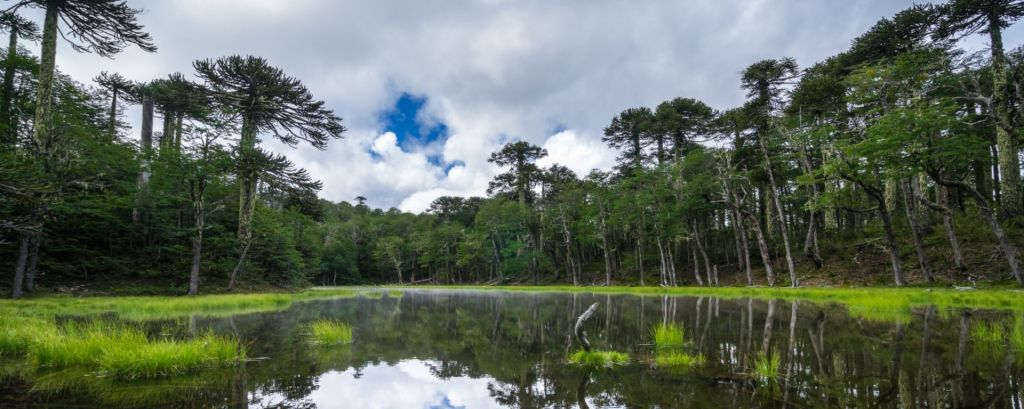In this latest installation of Journal of Applied Ecology’s Meet the Editor series, we’re joined by Associate Editor mentee Javier Lopatin.
What are you currently working on and why is it important?
I’m working on two main macro topics: advancing deep learning tools for ecological analysis and understanding land-atmosphere feedbacks at the local scale and their relationship to functional diversity in the Chilean Andes. For the deep learning topic, we are improving model transferability (i.e. the ability to accurately extrapolate results from a model to new areas) for invasion and tree mortality problems using unpiloted aerial systems (UAS). Other work relates to estimating anthropogenic changes, such as deforestation, at regional or national scales using satellite data. On the second topic, we are using hyperspectral data to map trait diversity in mountainous areas of central Chile and relate it to processes such as soil moisture-atmosphere interactions.
What’s your favourite species and why?
If I had to choose one, I would say the Araucaria (Araucaria araucana or Pewén in the ancestral language of the Mapuche). It’s the national tree of Chile and is closely linked to the ancestral cultural practices of indigenous communities in Chile and Argentina. It’s also phylogenetically very old and can be considered a living fossil.
Why did you decide to apply for the Associate Editor mentoring scheme?
Journal of Applied Ecology’s Associate Editor mentoring scheme is a rare opportunity to get involved in editorial work in a friendly and controlled way. The opportunity to do editorial work is important to maintain critical thinking and keep up with the latest scientific progress. It is also important work to give back to the scientific community.
If you could wake up tomorrow with a new skill, what would it be?
That’s easy for me: definitely a rock guitar player. I do not have the ability to be one, but music has always been a comfort and a release mechanism for me.
What do you like to do when you are not studying? Do you have any hobbies?
A big one is reading. I love a good book in the afternoon or before going to bed.
When you were growing up what did you want to be? Does this relate to your career in ecology now at all?
I wanted to study forestry because my grandfather had a forestry business that used pine plantations to build houses and other infrastructure in the south of Chile. Today, pine plantations in Chile are a huge problem for biodiversity and conservation, but it helped me decide on an ecologically based career.
You can learn more about our Associate Editor mentees here, as well as view our whole Editorial Board here.



